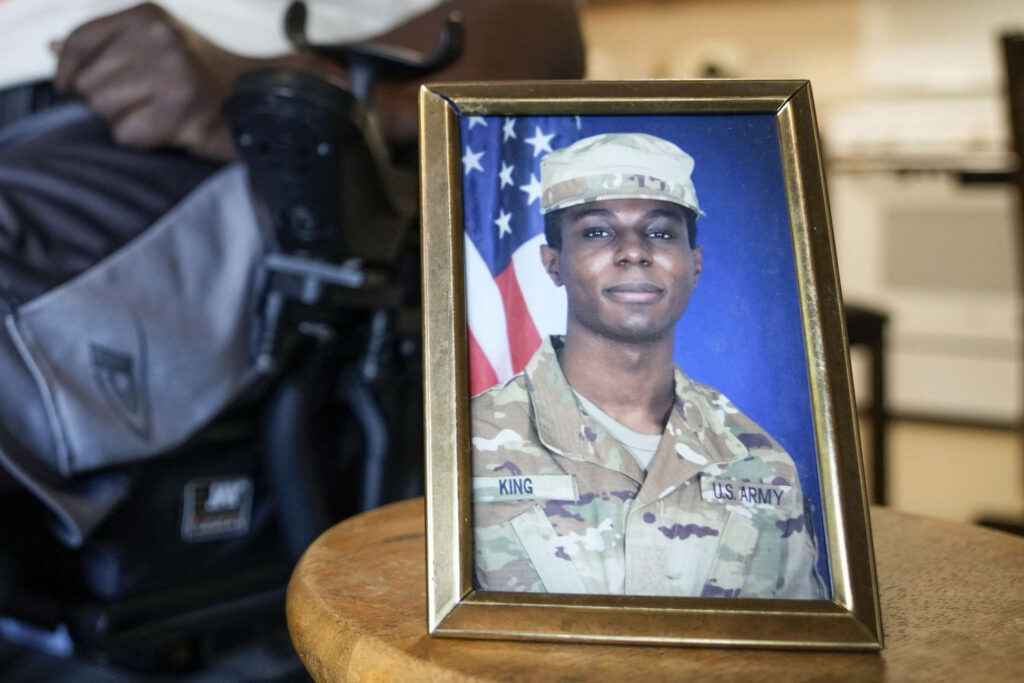
In an audacious move that shook the political landscape, American soldier Travis King crossed one of the world’s most heavily fortified borders to walk into North Korea. This unprecedented and courageous act of defiance against the demilitarized zone has had profound consequences for the intricate relations between North Korea, South Korea, and the United States. This article explores the motivations behind King’s remarkable decision and delves into its diplomatic reverberations. Travis King, a 28-year-old soldier stationed in South Korea, shocked the world on a fateful day when he walked through the heavily guarded DMZ, effectively defecting from South to North Korea. King’s motives behind this act remain largely speculative, but several hypotheses have emerged. Some believe he might have been disillusioned with the US military presence in South Korea, while others argue that a personal quest for adventure and self-discovery drove him to cross the border.
King’s brazen act has rattled the already fragile relations between North and South Korea. The North Korean regime seized this opportunity to further fuel tensions between the two nations. Labeling King a «spy» and «enemy sympathizer,» Pyongyang employed his act to underscore alleged American encroachment on Korean soil and press for a unified front against the US presence in the region. In response, South Korea, although surprised and embarrassed by the incident, portrayed King’s actions as an isolated case, emphasizing their commitment to cooperation and peaceful reunification. The South Korean government took precautions to prevent similar incidents in the future by tightening security along the DMZ boundary.
The ramifications of Travis King’s actions spread beyond the inter-Korean dynamic, affecting the nuanced balance between North Korea and the United States. While North Korea initially rejected any possible dialogue with the US, King’s unauthorized entry became an unexpected catalyst for diplomatic engagement. The United States, recognizing the unique opportunity this incident presented, declared its willingness to engage in talks with North Korea. Viewing King’s unauthorized act as evidence of a potential opening in relations, Washington hoped to seize the moment and explore avenues for renewed dialogue and possible denuclearization talks. However, this unexpected olive branch was met with skepticism from North Korea, which accused the US of exploiting the situation for propaganda purposes. Nonetheless, the incident did prompt a less abrupt tone from Pyongyang towards the US, creating a window for further diplomatic engagement between the two adversaries. This incident invited cautious optimism that, even amid rising tensions, dialogue may prevail over hostility in resolving long-standing issues between the two countries.
Travis King’s remarkable journey into North Korea sent shockwaves through the region, impacting inter-Korean and US-North Korean relations. While the immediate aftermath reflected a heightened mistrust between North and South Korea, it also offered an unexpected opportunity for diplomatic discourse between North Korea and the United States. Travis King’s audacious act challenges conventional thinking, reminding us that even a single individual can influence the political landscape and prompt nations to reexamine their perspectives on an entrenched conflict.
